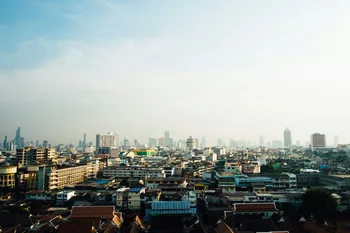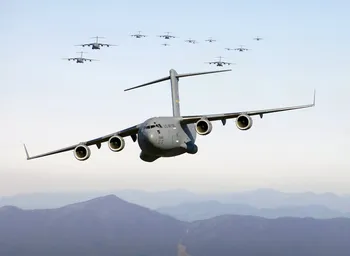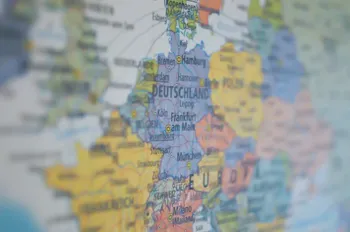
The emphasis on collaborative efforts underscores the interconnectedness of communities and nations in tackling global water challenges.
Focus Areas
World Water Week will feature a diverse range of sessions designed to facilitate knowledge exchange and foster innovative solutions. Participants can engage in 17 sessions led or co-convened by the World Bank Group, alongside 9 additional seminar sessions. These discussions will cover a variety of topics, including:
- Focus on Africa: Addressing the impacts of climate change on water and sanitation issues across the continent.
- Focus on Asia-Pacific: Exploring critical water topics relevant to the Asia region.
- Focus on Latin America and the Caribbean (LAC): Surveying significant water issues affecting these regions.
- Focus on West Asia and North Africa (WANA): Discussing governance approaches to manage water scarcity exacerbated by climate change.
- Focus on First Nations: Highlighting the perspectives and knowledge of Indigenous Peoples regarding water management.
Context and Importance
The event is organized annually by the Stockholm International Water Institute (SIWI), which serves as the focal point for global water issues. World Water Week acts as an inclusive platform that attracts individuals from various sectors, including businesses, governments, and non-governmental organizations, all committed to leveraging water as a catalyst for positive change. This year, the collaboration with key partners such as the World Bank aims to enrich discussions and broaden participation, making it a significant opportunity for networking and collaboration.
Key Themes
The focal point of this year's event will be water cooperation, which is crucial for fostering peace and security across multiple dimensions, including:
- Human Security: Ensuring access to safe water and sanitation for all.
- Food and Nutrition Security: Addressing the role of water in agricultural productivity and food safety.
- Ecosystem Security: Protecting water-related ecosystems to maintain biodiversity and natural resources.
- Energy Security: Exploring the relationship between water resources and energy production.
Sessions
World Water Week 2024 will feature an array of sessions, including:
- Water Diplomacy: Discussions on resolving conflicts through diplomatic means, particularly in the context of increasing water scarcity and pollution.
- Transboundary Cooperation: Focusing on joint management of shared water resources to foster peace and collaboration.
- Food and Nutrition Security: Analyzing the link between water management and food security, including its implications for conflict prevention.
- Innovation and Resilience: Exploring how innovation can drive economic development and enhance water security, with a focus on private sector involvement.
- Governance: Examining how effective governance structures can prevent conflicts and promote sustainable water management.
Opportunities for Engagement
World Water Week 2024 will be a hybrid event, allowing participants to engage in-person in Stockholm or online. This format aims to facilitate broader participation and knowledge sharing among global stakeholders, including businesses, governments, and NGOs.
The event serves as a vital platform for networking, collaboration, and the exchange of innovative ideas aimed at addressing the pressing challenges of water management in today's world. With the involvement of key partners like the World Bank, attendees will have the opportunity to engage in 17 sessions led or co-convened by the World Bank Group, along with 9 additional seminar sessions.
In summary, World Water Week 2024 promises to be an inclusive and action-oriented conference, providing a critical space for discussions on water cooperation and its role in fostering a peaceful and sustainable future.








